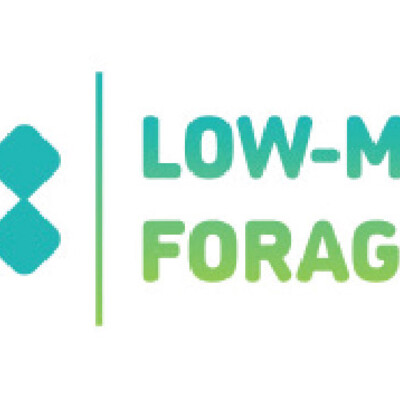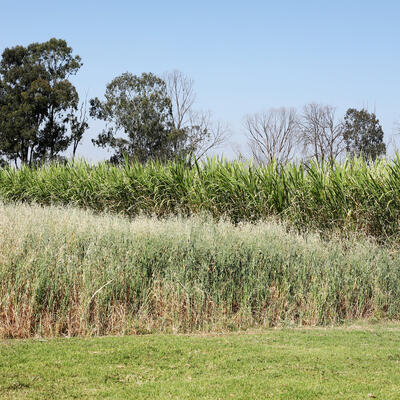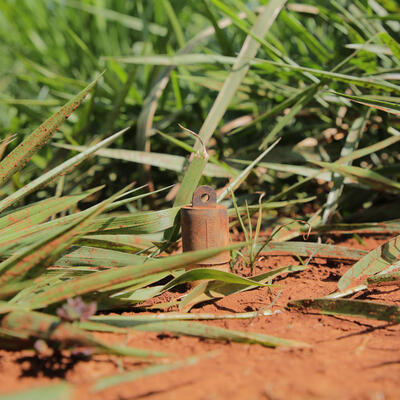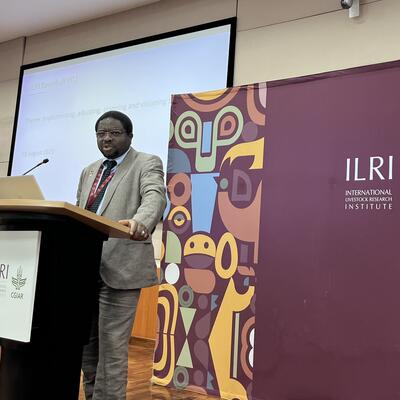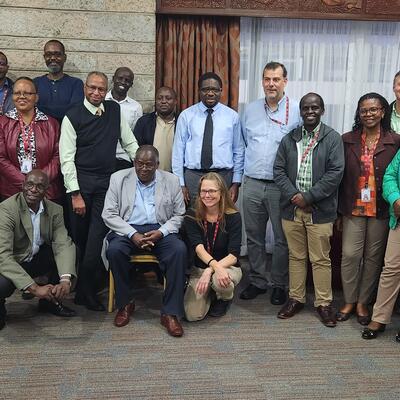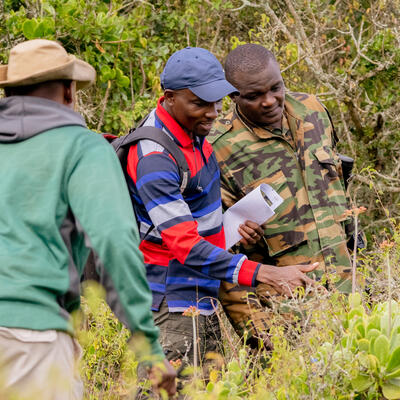ILRI Feed and Forage Development Program aims to tackle key challenges and unlock opportunities within the feed and fodder value chains. By enhancing both the quatity and quality of feed resources, we strive to boost livestock productivity to meet the increasing demand for animal-sourced foods. Additionally, our initiatives focus on enhancing profitability by reducing feed costs, increasing income, and generating employment opportunities, particularly empowering women by reducing labor and drudgery. Through sustainable feeding solutions, we also aim to reduce the environmental impact of feed production.
Our Key Achievements:
- Genomic Breakthroughs: Successful implementation of genomic selection in forage grasses, paving the way for genetic improvements of these crops in collaboration with National partners.
- Innovative Technology: Implementing mobile Near-Infrared Spectroscopy (NIRS) technology to instantly analyze feed quality, ensuring optimal nutrition for animals.
- Feed and feeding tools: The Feed Assessment Tool (FEAST), a widely used approach to understand local feed constraints and guide feed solutions, has been applied in over 15 countries and FEAST data from 100 distinct sites are available on the FEAST data repository.












